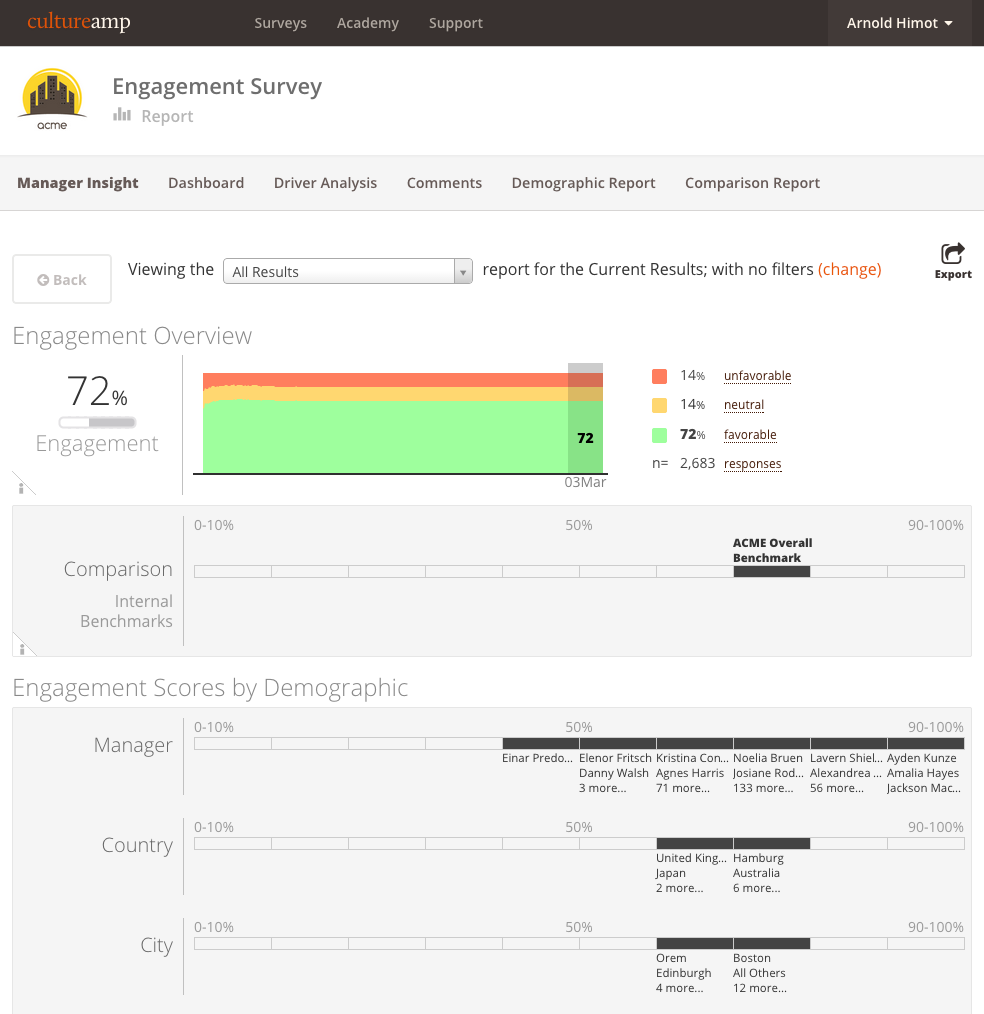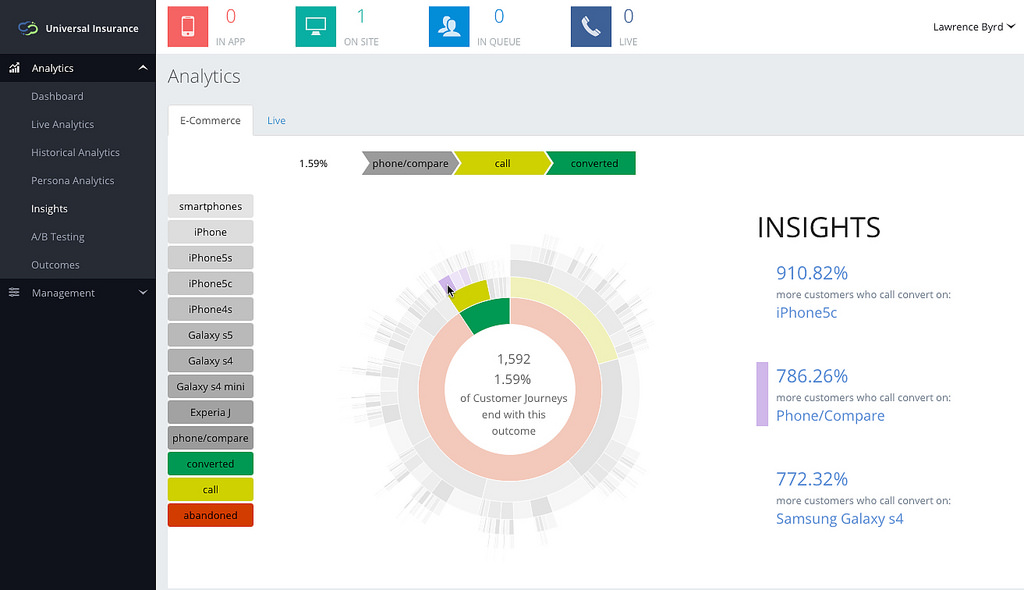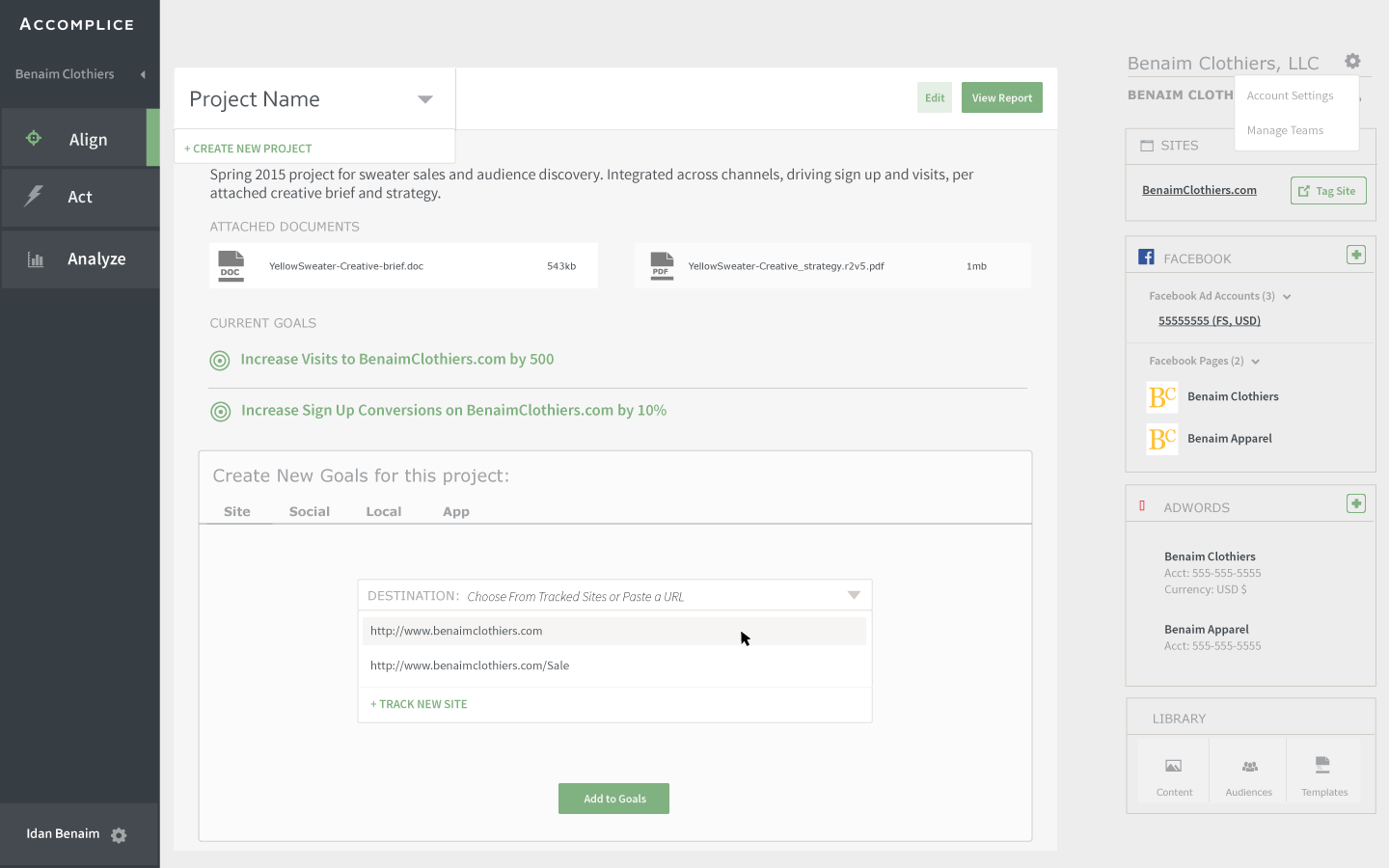A Q&A with Culture Amp co-founder and CEO Didier Elzinga. The Melbourne, Australia-based startup, which has built a human resources survey platform for enterprises that collects actionable insights from employees, announced at the start of this month that its closed a $6.3 million Series A funding round. Investors include Felicis Ventures, Index Ventures and Blackbird Ventures. It was founded in 2011 by Elzinga, Jon Williams, Rod Hamilton and Douglas English.
SUB: Who are your target markets and users?
Elzinga: Our clients range from startups all the way up to larger companies such as Adobe. We have a lot of innovative tech-based companies as customers, such as Airbnb, Pinterest, Uber, Warby Parker, and Eventbrite—mostly because they are aspirational cultures. We’re seeing that become a more of a focus for companies across different industries and verticals, and we fully support that. But every company with more than around 100 employees can benefit from identifying where to grow and how to build their culture.
SUB: Who do you consider to be your competition, and what differentiates Culture Amp from the competition?
Elzinga: The people analytics market is getting busier—which is a good thing. It is great to see more and more people understanding the value of it. We believe that the reason so many great companies—over 200 and counting—are using our platform is that we focus on four things: Speed, ease-of-use, confidence, and platform.
What blows people away when they first see the platform is that you can be up-and-running in minutes—you could literally launch a survey the same day. The results are real-time and they can be delivered at all levels of the organization. It isn’t just a matter of throwing data at users—we carefully analyze and present the data to guide them in understanding it and acting on it. In addition to providing training and support on setting up the surveys and analyzing the results, we have a world-class set of benchmarks available to all our customers—along with sophisticated analytic techniques that identify what is behind the results that you are getting. Lastly, we are not just an engagement survey—we are a full-blown platform that our clients use for everything from engagement and pulse surveying to onboard/offboard and more specialized surveys like management effectiveness and candidate surveying.
SUB: You just announced that you’ve raised $6.3 million in Series A funding. Why was this a particularly good time to raise more funding?
Elzinga: We’ve gotten to the stage where our product is working and we are making an impact on what we set out to do—make the world a better place to work. But we realized that to make that mean something, we had to do that on a much bigger scale than we are now, so funding was the best option.
As far as the market is concerned, companies are more eager than ever to retain key talent because, as our most recent Benchmark Report indicates, even employees who are happy with their jobs do not envision that they will stay with their current companies for more than another two years. These and other insights mean that retaining and motivating talent is more important than ever, so the surveys that Culture Amp can offer positions employers with a highly valuable tool to become more aware, to understand in real-time, and to be more responsive to employee engagement.
SUB: How do you plan to use the funds, and do you have plans to seek additional outside funding in the near future?
Elzinga: The new funding will accelerate expansion of the Culture Amp platform. We’re also expanding both our Melbourne and San Francisco offices, and want to grow into other markets. We’ve been a global company from the outset.
SUB: What was the inspiration behind the idea for Culture Amp? Was there an ‘aha’ moment, or was the idea more gradual in developing?
Elzinga: Prior to Culture Amp, I ran a Hollywood-focused VFX company that created computer-generated imagery for films like Harry Potter and Superman. Building that up from a six person company to over 150, I joked that as a CEO I was a glorified psychiatrist. I had always known that I wanted to build a software company, so the natural progression for me was to build a software company in the organizational development space driven by a desire to use technology for improving how people ran their companies.
The idea for what we are doing now came from the observation that the last few decades in marketing have been a torrent of innovation in how we use information from our clients to transform our companies. But what about information from our people? Nothing. There has been very little innovation at all on that front. So we set out to build something more like a marketing analytics platform, but for people and culture.
SUB: What were the first steps you took in establishing the company?
Elzinga: Initially, I worked on the idea on my own, but several months in I was fortunate enough to meet, in a co-working space, the four people who would become my co-founders: Jon Williams, Rod Hamilton, and Doug English.
I am a software developer by background, but they were hardcore engineers and architects who had come to same conclusions I had about culture—we worked side-by-side for six months and then said: “Shouldn’t we be working together?” Bringing them on board was the best decision I ever made.
SUB: How did you come up with the name? What is the story or meaning behind it?
Elzinga: Culture Amp comes from ‘amplify culture.’ That is what we want to do: Help people understand and amplify the most powerful thing they have—their culture.
SUB: What have the most significant challenges been so far to building the company?
Elzinga: The key to what we do is in selecting the right questions to ensure that results are high-quality data. However, that means nothing if employees balk at taking a survey, or if they don’t take it seriously. Culture Amp has done a lot of work around the user experience to ensure that surveys are completed. The surveys are designed to take just a few minutes to complete, ensuring that participation will not be an issue.
SUB: How do you generate revenue or plan to generate revenue?
Elzinga: We are a SaaS business – companies pay to use the platform to run surveys and analyze the results.
SUB: What are your goals for Culture Amp over the next year or so?
Elzinga: We are aiming to get to 1,000-plus clients in the next 12-to-18 months—which would increase our growth five times over. Our initial traction came with a host of companies, many based in Silicon Valley, that are experiencing a lot of growth, such as Airbnb, Uber, Pandora, Pinterest, Warby Parker, Lyft, and Etsy, among others. As all have experienced a high rate of growth, the demand for talent has increased, and shows no signs of waning. With Silicon Valley becoming this aspirational hub for people trying to create truly innovative companies, others are following suit, so we are responding to the increased demand for our services in such industries as retail, media, and finance.















